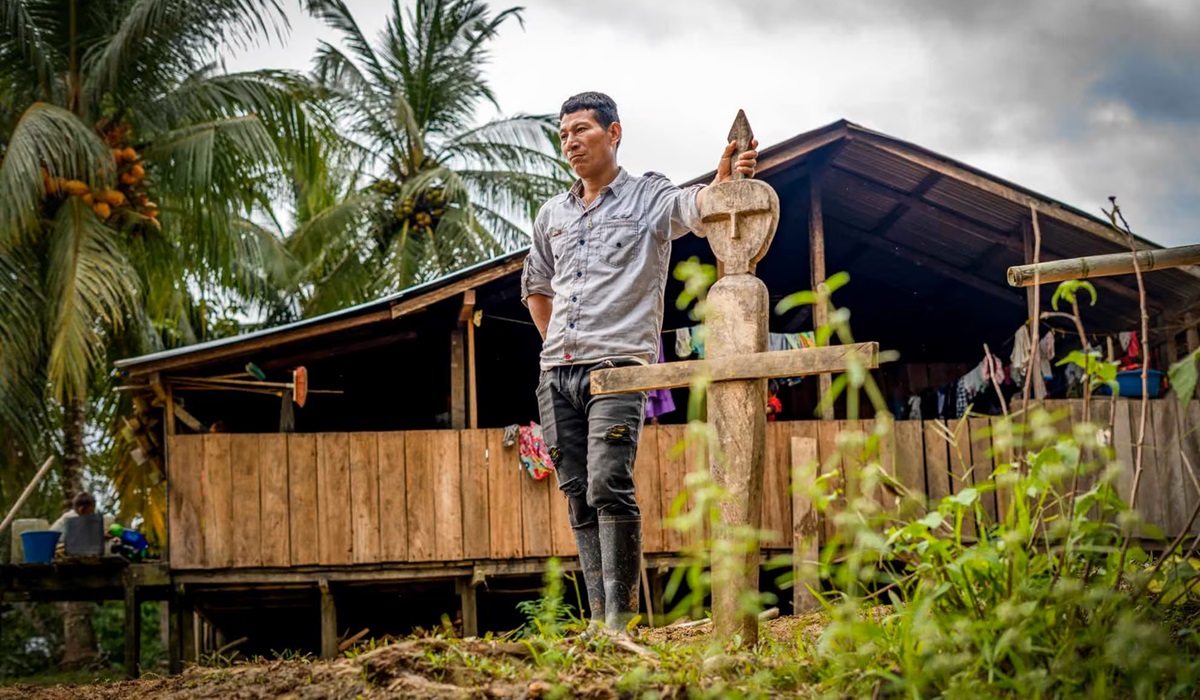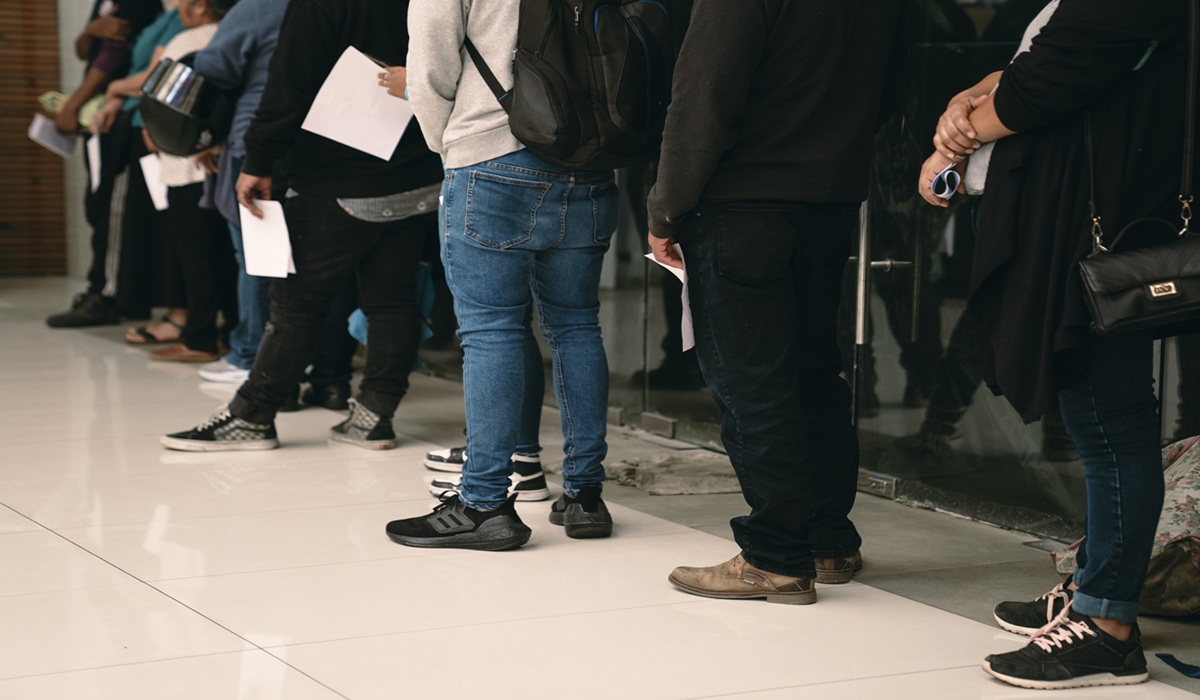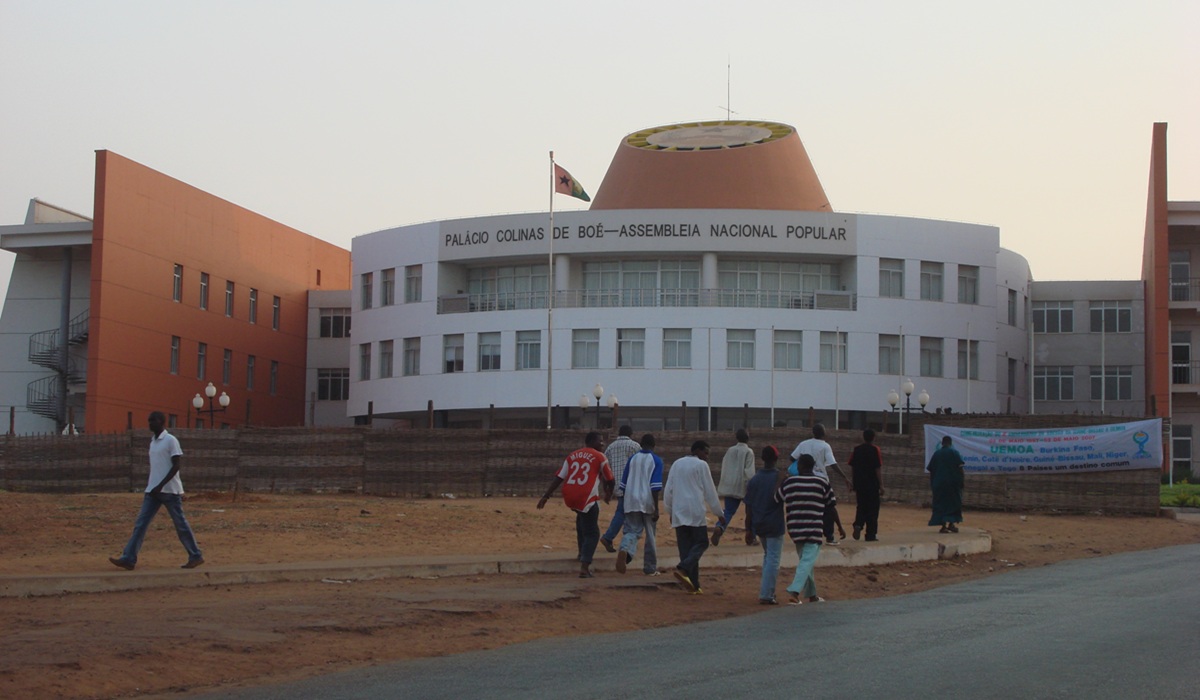Colombia’s Victims Day: 9.8 Million Lives Mark the Unfinished Pain of a Nation Still at War
- Naomi Dela Cruz
- Breaking News
- April 9, 2025

Image Credit, NRC
As Colombia marks Victims Day on April 9, the staggering weight of its protracted internal conflict is once again laid bare. Nearly 10 million civilians—killed, disappeared, displaced, or living under constant threat—are the living testimony of a war that refuses to end. The Norwegian Refugee Council (NRC) warns that if current trends continue, the number of civilians impacted will surpass 10 million by April 2026.
These are not just numbers on a page. They are lives upended by forced recruitment, sexual violence, torture, kidnappings, confinement, and the indiscriminate use of explosive ordnance. They are children fleeing armed groups, parents returning to looted homes, and entire communities caught between warring factions who fail to distinguish civilians from combatants. The silence around their suffering is deafening, and the international response remains grossly underfunded.
The Colombian government’s official registry of victims now counts 9,888,182 people over the past four decades, and that number is climbing. In the first two months of 2025 alone, more than 135,000 people were displaced, 32,000 were forcibly confined, and 409 children and adolescents were recruited by armed groups—an increase from the year prior. Explosive devices claimed or maimed 719 lives in 2024, an 89% increase from 2023, according to the International Committee of the Red Cross.
These figures are more than alarming—they are unacceptable.
“We had to flee the fighting in our community to save our lives,” a father of two told the NRC. “The armed groups showed no respect for us. Returning home, we found it damaged, all the food was stolen, and the blood of the war was still on the floor.”
These voices echo a brutal truth: the violence in Colombia is not in the past. It is present, daily, and it continues to shape the lives of over 9.3 million people living under the control or influence of non-state armed actors. Giovanni Rizzo, NRC’s country director for Colombia, minced no words: “If no differentiation is made between civilians and combatants, the country will be condemned to endless war.”
The most urgent and meaningful form of justice for victims now is not a commemorative date—it is protection. Immediate action is needed to enforce international humanitarian law, distinguish civilians from combatants, and provide aid to the millions still caught in this conflict. As it stands, the humanitarian appeal for 2025 requires $342 million, yet only $41 million has been received—barely 12% of what’s needed. The United States, which supplied nearly 70% of humanitarian funds to Colombia in 2024, has drastically reduced its contributions this year, deepening an already catastrophic funding gap.
For those whose lives have been shattered, assistance is not charity—it is survival. The international community, having long expressed solidarity with Colombia’s peace process, cannot turn its back now. Words without funding are empty. Pledges without protection are meaningless.
The Colombian state, too, must rise to the occasion. National and local authorities have an urgent moral and legal duty to secure adequate resources to protect victims and prevent further atrocities. A peace accord inked on paper means nothing if it is not backed by action on the ground—where children are still being dragged into war, where families are still being torn apart, and where civilians are still being left to suffer in silence.
“The victims demand immediate action: respect the rules of war, end the violence, and secure humanitarian aid. Let this Victims’ Day serve as a call for change,” said Rizzo.
There is no shortcut to peace, no easy path forward. But there is one unshakable truth: Colombia cannot afford another decade of slow-motion tragedy. The world must act now—or be complicit in the cost of its inaction.








